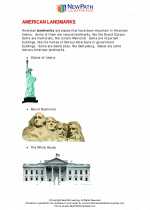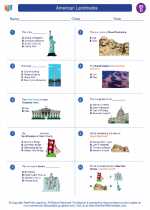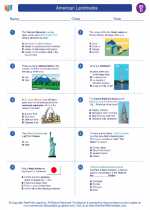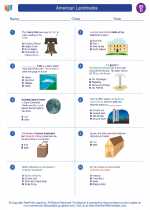Ecosystems
What is an Ecosystem?
An ecosystem is a community of living organisms in conjunction with the nonliving components of their environment, interacting as a system. These components include plants, animals, microorganisms, soil, rocks, minerals, water, and the atmosphere.
Types of Ecosystems
There are several types of ecosystems, including:
- Terrestrial Ecosystems: Ecosystems found on land, such as forests, grasslands, deserts, and tundra.
- Aquatic Ecosystems: Ecosystems found in water, including freshwater ecosystems (lakes, rivers, and wetlands) and marine ecosystems (oceans, coral reefs, and estuaries).
- Artificial Ecosystems: Human-made ecosystems such as agricultural fields, urban parks, and gardens.
Components of an Ecosystem
An ecosystem consists of:
- Abiotic Factors: Non-living components such as air, water, soil, sunlight, temperature, and climate.
- Biotic Factors: Living organisms including plants, animals, fungi, bacteria, and other microorganisms.
Food Chains and Food Webs
Within an ecosystem, organisms are interconnected through food chains and food webs. A food chain shows the transfer of energy and nutrients from one organism to another, while a food web represents a network of interconnected food chains in an ecosystem.
Human Impact on Ecosystems
Human activities such as deforestation, pollution, overfishing, and urbanization can have a significant impact on ecosystems, leading to habitat destruction and loss of biodiversity.
Conservation of Ecosystems
Conservation efforts aim to protect and preserve ecosystems and their biodiversity. This includes measures such as habitat restoration, wildlife conservation, sustainable resource management, and the establishment of protected areas.
Review Questions
- What are the two main components of an ecosystem?
- Give an example of a terrestrial ecosystem.
- Explain the difference between a food chain and a food web.
- How do human activities impact ecosystems?
- What are some conservation efforts to protect ecosystems?
[Ecosystems] Related Worksheets and Study Guides:
.◂Social Studies Worksheets and Study Guides Fourth Grade. American Landmarks

 Worksheet/Answer key
Worksheet/Answer key
 Worksheet/Answer key
Worksheet/Answer key
 Worksheet/Answer key
Worksheet/Answer key
